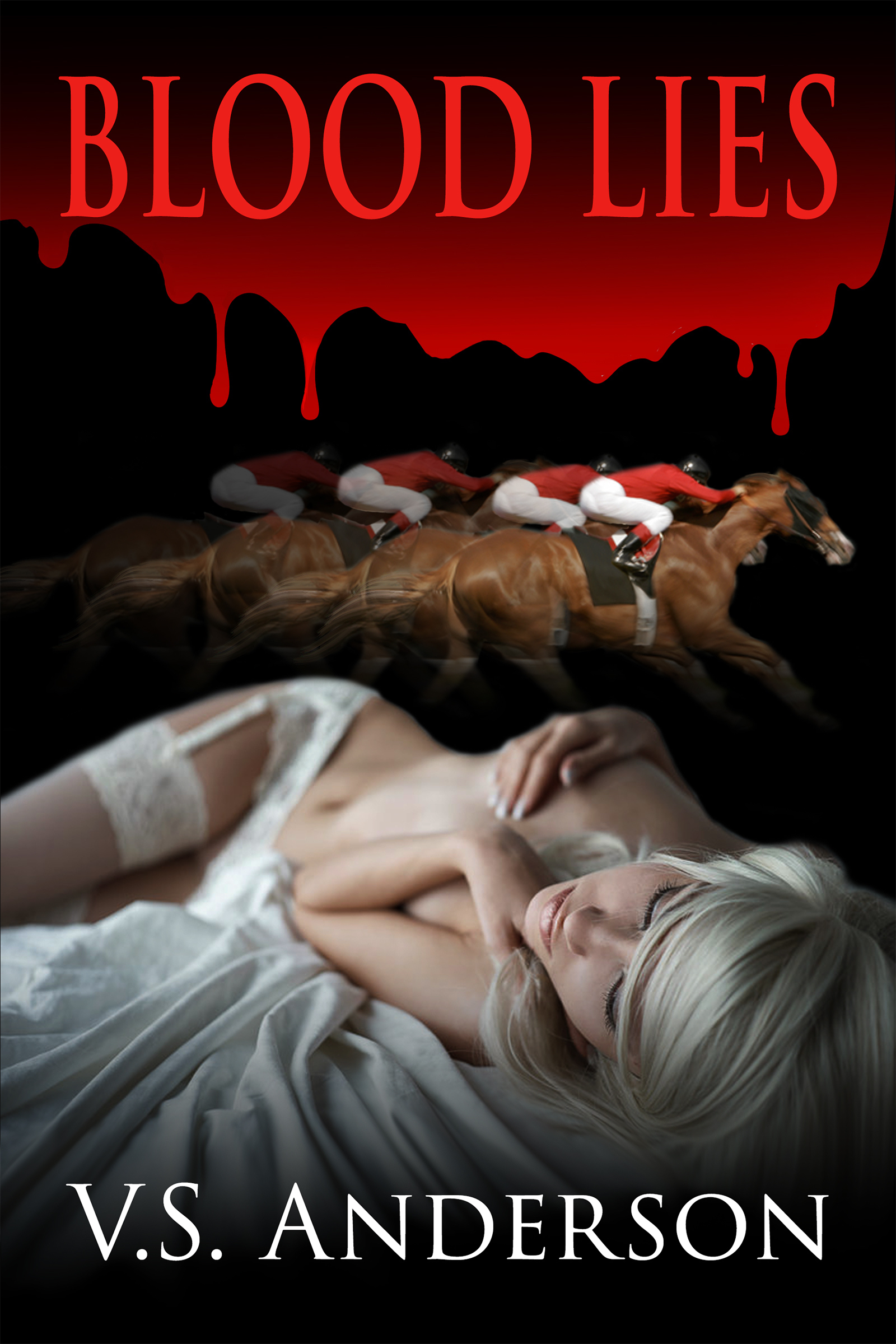Rules you don’t actually have to follow 🙂
But for fun. . . .
Now that I’ve looked at four examples I found compelling, I feel emboldened to draw some generalizations.
As I do so, I realize I’m starting to wander into territory already pretty well covered by eons of literary, narrative, aesthetic, and rhetorical criticism. I’m not about to chase down citations. I’m going to talk about the pieces of this theorizing that have resonated with me, maybe not as theory (so Don’t Panic!) but as just what seems to work for me.
Rule 1: I already said I thought compelling first lines must make a promise. But what kind of promise? For me—and this goes as far back at least as Sophocles—a promise of a world overturned.
In other words, I want to sense that I’m about to enter a place where my day-to-day expectations will be thwarted. Things WILL NOT go on as usual. I will see, traverse, a new landscape, one with volcanic fissures I must be careful not to stumble into. This rule holds even for novels that are not mystery/suspense. A Visit from the Goon Squad takes me into a disquieting place, a hotel bathroom, where what is “usual” is decidedly not going to be “usual” for me.
We read to enter alternate realities (duh). This is true even—especially—for those of us who may read the same authors, enter the same worlds, over and over. We enter that foreign world again and again, by choice. Is this escape, then? Not necessarily. I learned of many new worlds in Americanah. But these worlds were not so much worlds where I could escape my own (though I guess I did quite a bit), but rather where I could see my own world slant, in Emily Dickinson’s image: upset, overturned. That can be an unsettling experience as opposed to one that lulls.
So I want the promise that I’m going to see slant. That I’m going to have to reconnoiter to know where I am. That I may just have to get the shotgun if things get out of hand. But that in the end, I will be a native of a larger landscape than before.
Do I need a promise that order will be restored? We enter here the classical territory of the well-wrought form, where the world is purged of the scapegoat entity that disrupted it and dust settles—NOT a metaphor/cliché of abiding peace: dust is detritus, no? Indeed, I read with a firm sense of the artifice of any endings I’m going to encounter. In most mysteries, things settle, but only until the next body is discovered. In Americanah, Ceiling is invited in, but to what? More of the messiness we all experience in trying to live with each other.
As I look at that Dickinson poem, i will posit that reading fiction does “tell all the truth but tell it slant”: tell it in such a way that it’s bearable. That’s the meaning of “vicarious experience.” We experience disruptions in a form that offers the (false?) possibility that they can be resolved, that artifice is powerful enough to adjust all disproportion, smooth all curves. We enter a work of fiction with hope that, even if at the end all is still chaos, our minds can create a unified whole, a “reading.” The need for such a “reading,” a “making sense” of even the most inchoate flotsam, seems built into us—at least, into me.
I do think that such artifice is built into the first lines I find compelling. I note that each I’ve looked at is ironic, containing both the disrupted world and the world that was, but will not be possible to return to. The old days. A quiet rural county. A gymnasium. A hotel. Each of these used-to-be’s is attached to something that pokes a hole in it. I see both, side by side.
So Rule 1 for me: stand me on a cliff and let me feel the ground under me begin to crumble. Let me look down and see myself slide. Promise me a chance to build something out of the rubble, even if it’s only my own feeble creation.
That’s my Rule 1. What’s you






Thank you for an interesting and useful post to other writers!
LikeLike
Thanks for commenting. I saw some interesting stuff on your blog. I’m especially interested in other forums about writing, and about small presses, so I’ll be on the lookout for your posts!
LikeLike